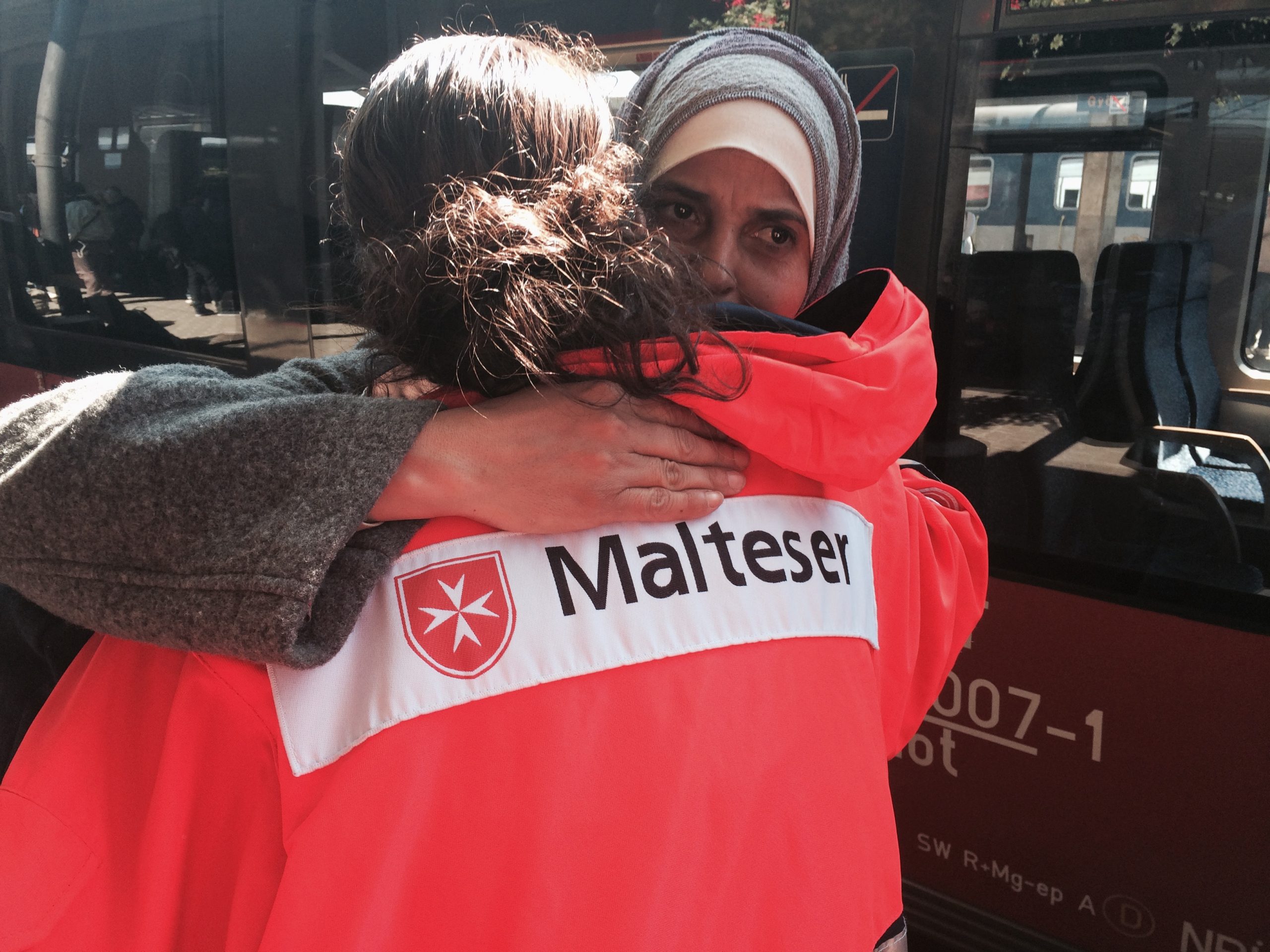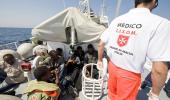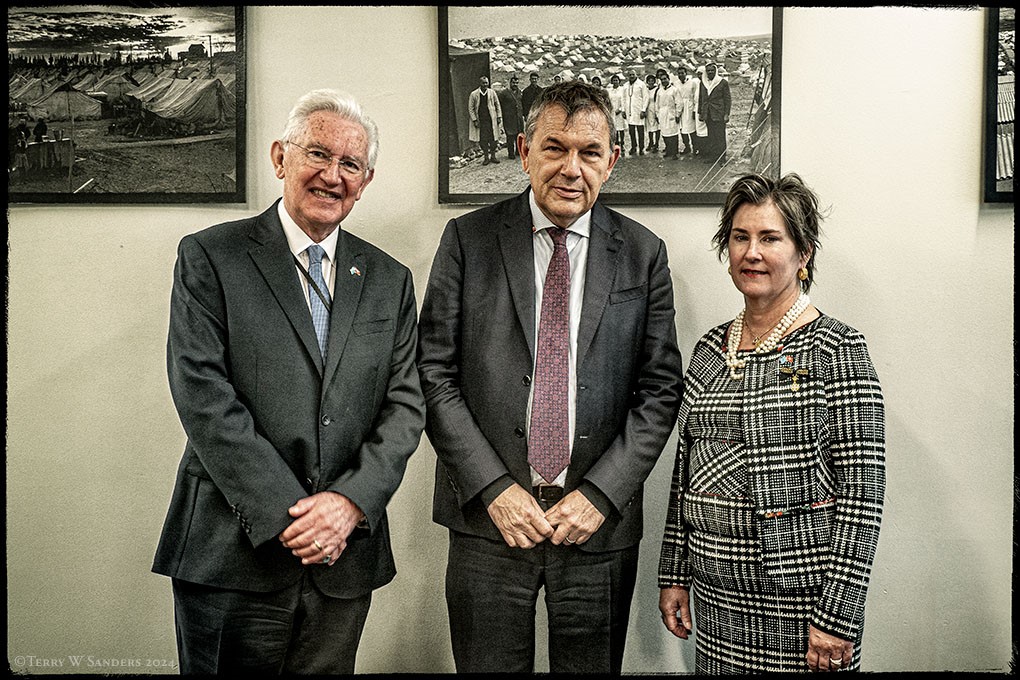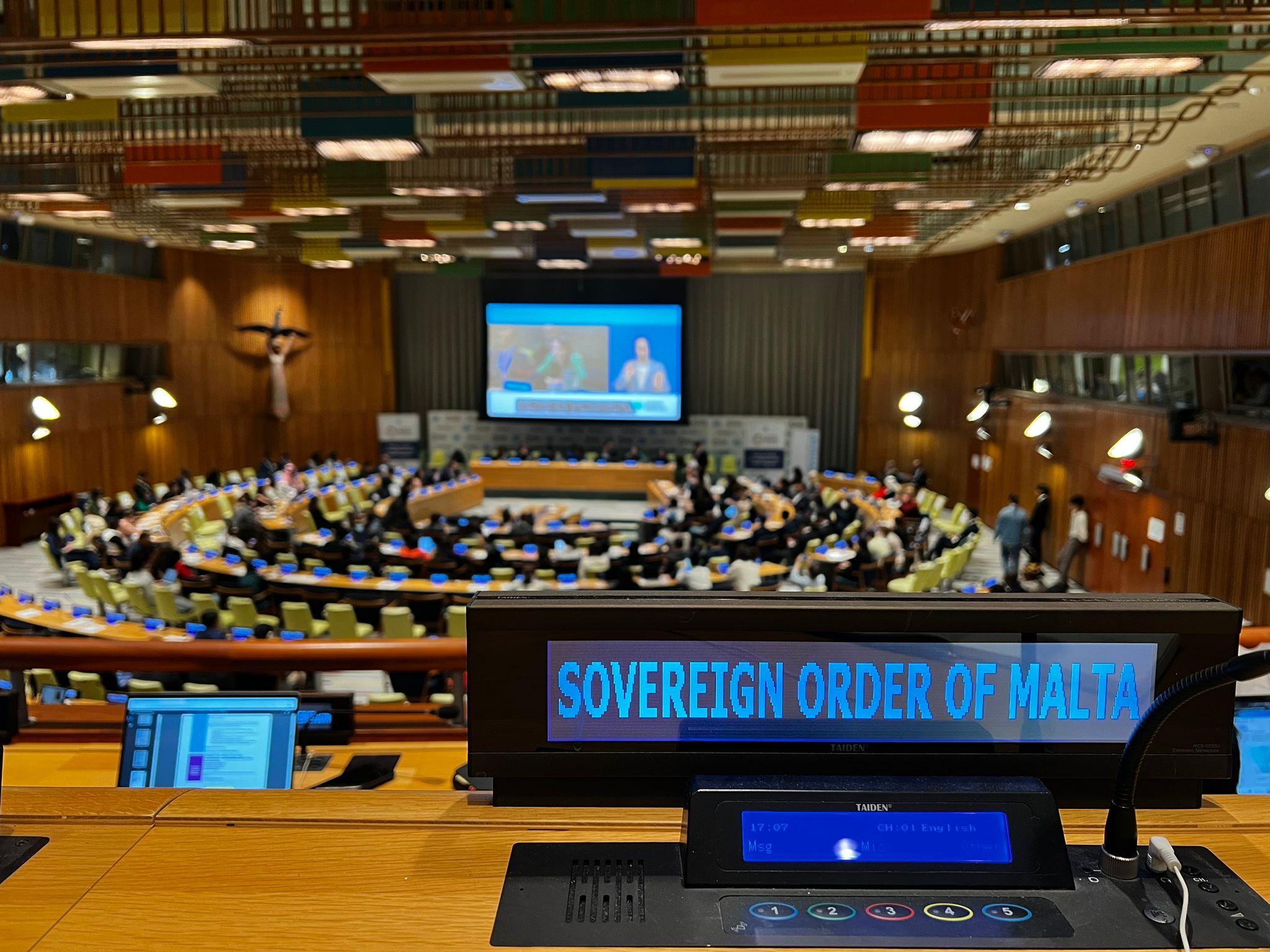On September 11th, 2017, the United Nations General Assembly closed its 71st Session focused on Sustainable Development, as outgoing President Peter Thomson passed the gavel to his successor Miroslav Lajcak, President of the 72nd Session set to convene at the UN Headquarters on Tuesday, September 12th, 2017.
The General Assembly meets annually in regular Session, intensively from September to December, and resumes in January until all issues on the agenda are addressed – which often is just before the next Session starts.
In his final address, President Thomson summarized the achievements of his one-year tenure, reflecting that while UNGA 71st succeeded in generating momentum across the Sustainable Development Goals (SDGs); progress on individual SDGs remains uneven, especially amongst regions, sexes and ages. He urged the international community to raise awareness about the behavioral changes needed to create a more sustainable way of life, address gaps in SDG implementation and to continuously facilitate steps and leverage the power of innovation and technology to combat climate change, as agreed to in the SDGs.
At the outset of the 71st Session of the United Nations General Assembly, the consultative process for the Global Compact on Safe, Orderly and Regular Migration was launched. The process aims to adopt a framework to address migration and refugee flows and strengthen the contribution of migrants towards a more sustainable planet by 2018. The Permanent Observer Mission of the Sovereign Order of Malta has followed the process closely as it is parallel to the Order’s action globally. At the High-Level Meeting to Address Large Movements of Refugees and Migrants, that happened during the General Debate, The Grand Hospitaller H.E. Dominique Prince De La Rochefoucauld-Montbel stated: “The vocation of the Order of Malta, a sovereign, religious entity of public international law, has always been to take care for the vulnerable. Today, in particular, the vulnerable we support are migrants and refugees, with aid along the Balkan route, offer housing and assimilation assistance in a number of European countries; saving lives in the Mediterranean and Aegean Sea, implementing development programs and in the migrants`countries of origin.”
The Sovereign Order of Malta efforts to address migratory issues are exemplified by the broad range of projects around the world:
- In Iraq, Malteser International provides aid to displaced persons in Dohuk, Erbil and Nineveh, and runs mobile clinics able to reach the most remote villages. Malteser International has also launched the “Cash for Work” programmes, thanks to which many women have participated in courses promoting good hygiene, becoming themselves teachers and helping their communities to respect practices that can prevent epidemics.
- In Syria, Malteser International supports the children’s hospital in Aleppo, where a neonatal intensive care ward is the only facility in the area able to treat premature babies or those with serious pathologies. The hospital has also a blood bank and produces oxygen that is distributed to other facilities in the country.
- In South Sudan, the humanitarian crisis does not seem to be easing either and has forced many people to seeks refuge in reception camps, such as that in Wau, north east of the capital Juba. Here Malteser International runs courses on agricultural techniques, distributes seeds and also provides free meals to some 3000 school children, while another 2000 are given meals in a similar project in Juba. The agency is also engaged in constructing pumps to guarantee drinking water, while its staff distributes soap to 18,000 people in the camps to improve hygiene
- In Pakistan, one of the poorest countries in the world and often theatre of natural disasters, Malteser International runs disaster preparedness programmes for the local population in areas at risk of floods and cyclones. The projects aim to strengthen the local communities, rendering them more self-sufficient and able to act promptly, thus reducing the damages.
On September 12th, 2017, the General Assembly will open the 72nd Session with focus on the world’s people, striving for peace and a decent life for all on a sustainable planet. During the coming Session the Global Compact on Safe, Orderly and Regular Migration is expected to enter the intergovernmental negotiation stage, which the Mission will observe closely as it develops.





